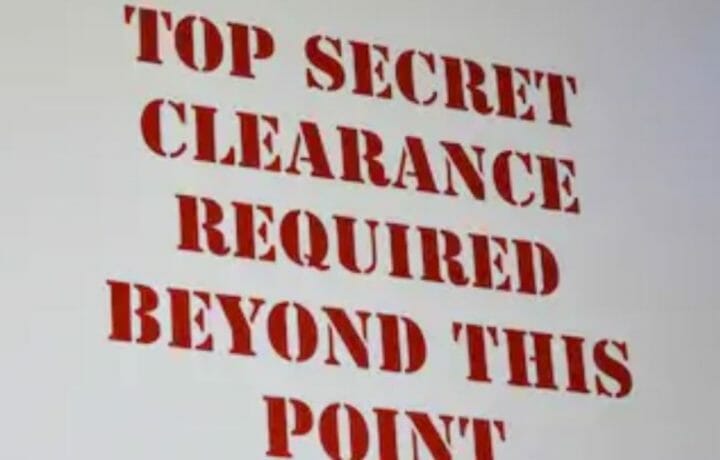The top reason for clearance denial is financial issues. The second highest cause is ‘personal conduct’ – which often includes lying on the SF86. If you can’t be trusted to be honest on your security clearance application, how can the government trust you with classified information?
It’s important to remember that issues of falsification generally come down to intent. Did the individual knowingly lie, or was the omission a lack of oversight? The adjudicative criteria specifically call out ‘deliberate’ falsification or omission. Many instances where an individual fails to provide the proper information on the SF86 are mitigated if the individual can prove the omission was caused by faulty memory or a misunderstanding of the question. Issues of clearance denial related to falsification often occur when an individual continues to deny an issue presented by an investigator in subsequent interviews.
Adjudicators consider the ‘whole person’ when making any adjudicative decision. A single incidence of providing false information on the SF86 is often not grounds for clearance denial – unless the individual continues to deny the incident, or has other red flag behavior discovered during the background investigation.



